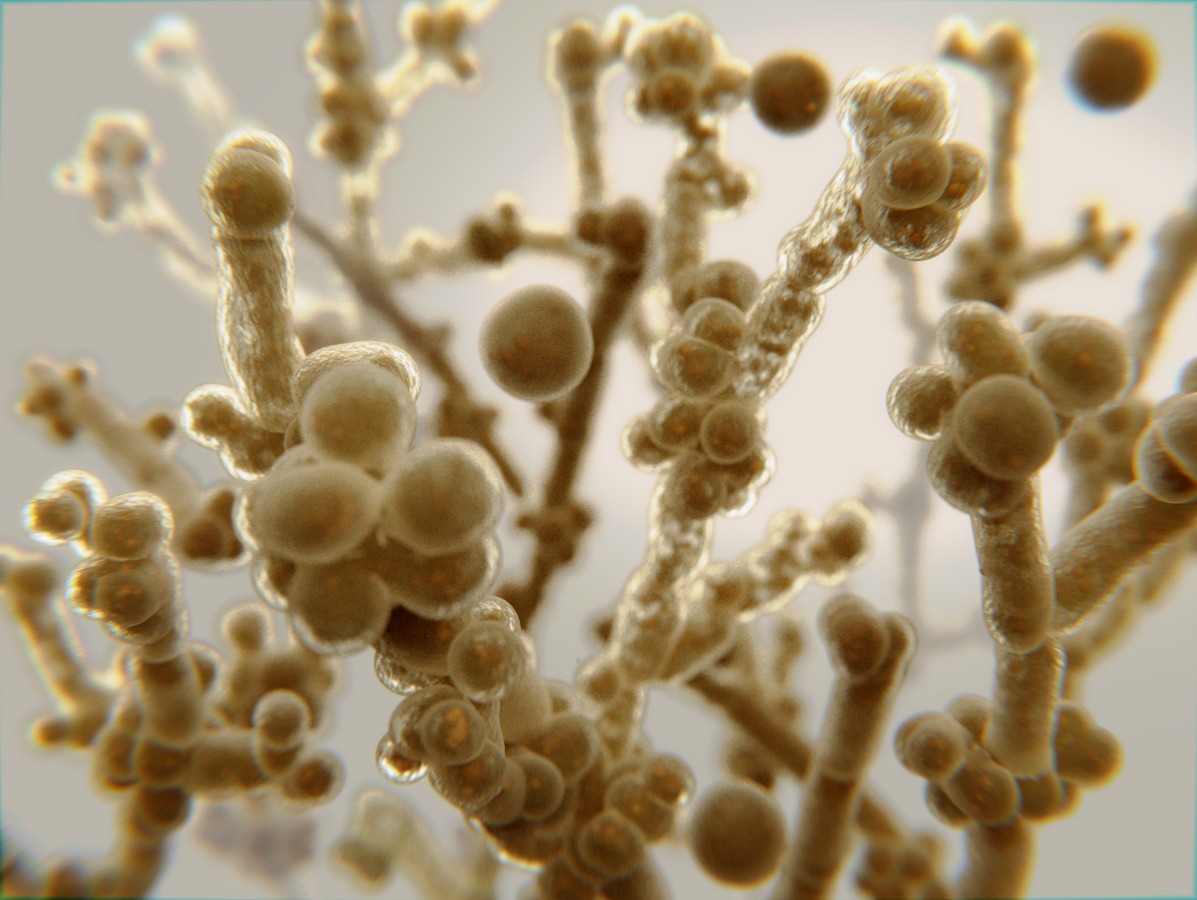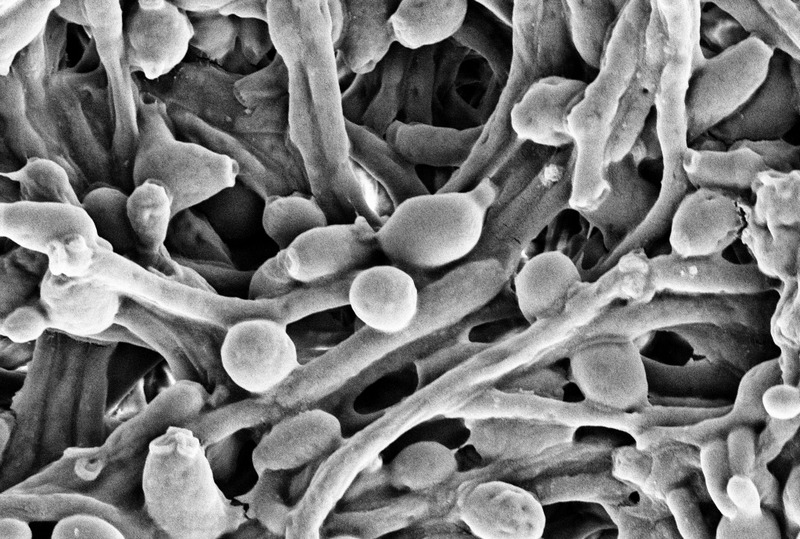Products
ContactBlog- Microbiome test
- Supplements
- Gut health app
About us
- About us
- Science Gut health app

The yeast Candida, the most common strain of which is Candida albicans, is a normal part of your microbiome and is found in your gut, skin, throat, mouth, and genital tract and it usually does not cause any issues.
The problem arises when Candida takes over in the body and begins to overgrow.
This causes a yeast infection called candidiasis.
In this article, we will focus on controlling the overgrowth of Candida in the intestines.

The first thing you notice is a change in your stool.
In gastrointestinal candidiasis, white, yellow or brown mucus, filamentous aggregations, or foam are present in the faeces. The stool can also be very liquid.
In addition, you may experience symptoms such as headache, weakness and fatigue, severe flatulence and abdominal pain, an excruciating craving for sweets, and itchy skin all over the body.
Normally, a healthy person’s immune system and balanced gut microbiome are able to inhibit the development of candidiasis.
If, for whatever reason, the defences of these two are weakened, Candida can begin to overgrow.
There are three main reasons behind the development of gastrointestinal candidiasis:
Research has shown that people with previous serious issues with gut health and diseases are more susceptible to yeast overgrowth.
Conditions contributing to candidiasis are:
It is believed that the inflammatory environment caused by these conditions in the intestines leads to Candida overgrowth, and in turn, to further inflammations and problems.
Diabetes is another disease that contributes to the development of candidiasis, because constantly excessive blood sugar levels create a favourable environment for yeast overgrowth.
Various medications also create favourable conditions for candidiasis. These include:
Candida loves sugar, especially regular white sugar. Therefore, it is important that blood sugar levels and the amount of sweets consumed are kept under control.
If the gut microbiome is already out of balance, there is chronic inflammation in the body, and most of your diet consists of overly processed food, it creates the “perfect storm” for candidiasis.
Although the development of candidiasis is greatly influenced by underlying diseases, there is still quite a bit that you can do yourself:
If you suspect that you have candidiasis, contact your family physician for a diagnosis and further examinations.
For diagnosis, you have to give a stool sample which will be tested for fungal cultures.
If the diagnosis is established, the doctor can prescribe antifungal medicines against Candida but it is important to inform the doctor about all the medicines that you are currently taking, because some of them may facilitate the persistence of candidiasis.
If your doctor is familiar with all the medicines, they can take them into account when putting together a treatment plan.
What can you do?
Earlier, we recommended foods that support good gut bacteria. In addition, we highlight four foods that have a potentially inhibitory effect on yeast:
An unbalanced gut microbiome creates a favourable environment for candidiasis.
In order for good bacteria to thrive in your gut, you need to feed them enough every day. Otherwise, they will die and the bacteria that cause inflammation take over, enabling conditions such as candidiasis to rear their ugly heads.
The favourite food of the bacteria that support your well-being is fibre, and you can only get fibre from plant-based foods. Therefore, it is important to keep your diet varied and eat plenty of plants.
How to increase this?
Click on this link and start, for example, with our inspiring challenge.
If you feel like you don’t want to make any major changes to your diet right away, start with Elsavie’s fibre supplements. This way you can quickly and conveniently ensure your daily fibre intake and allow good stomach bacteria to take care of you.
Our weekly newsletter where we talk about key insights into what makes a healthy and balanced life, and how to improve gut health and create sustainable habits
